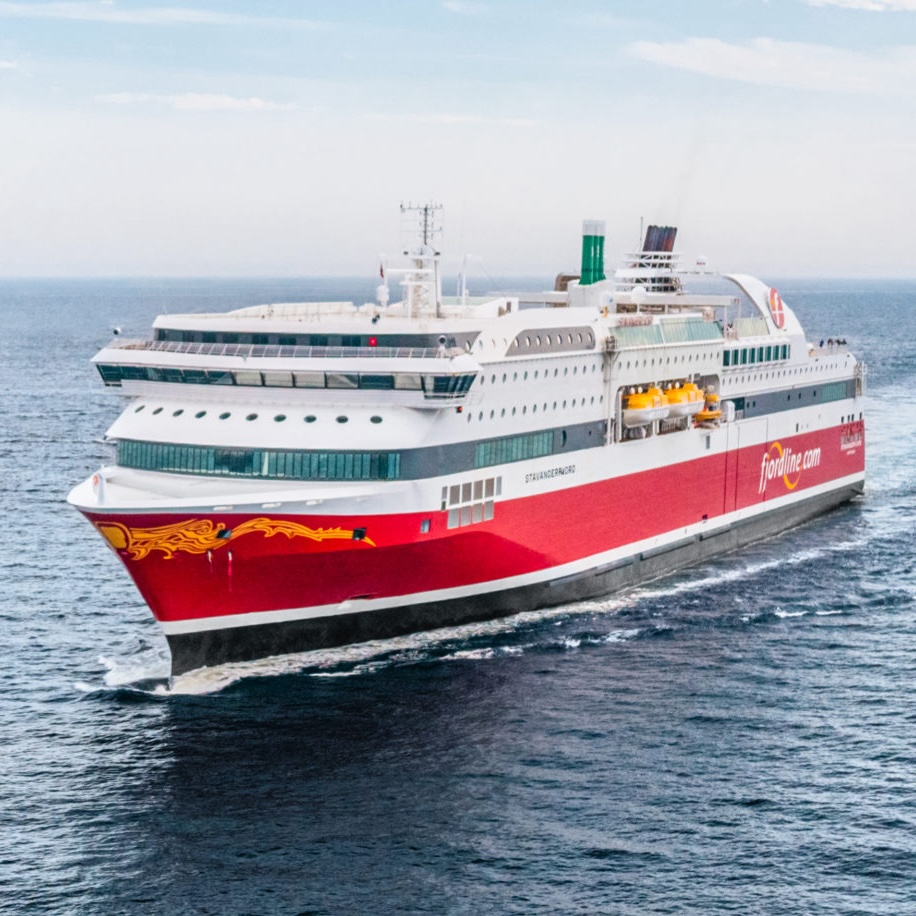
Fjordline
Fjord Line is a Norwegian ferry operator that provides passenger and freight transport between Norway, Denmark, and Sweden. With modern ferries running multiple daily routes, Fjord Line serves both tourists and commercial operators.
Known for its environmentally friendly cruise ferries powered by liquefied natural gas (LNG), the company positions itself as a leader in sustainable maritime travel.
The Challenge
Fjord Line needed an advanced data management solution to handle the enormous volumes of data generated from ticket bookings, cargo logistics, and customer interactions across multiple platforms. They struggled with scattered data across different systems, making it difficult to consolidate and analyze crucial business metrics efficiently. Moreover, they required a robust and scalable database solution that could handle real-time data queries for both operational monitoring and customer insights.
The Solution
To address Fjord Line’s data management challenges, I implemented an Elasticsearch-powered database solution. This system centralizes all their data—from customer bookings to freight logistics—into a single, highly accessible platform. By incorporating Kibana dashboards, Fjord Line can now visualize key performance indicators in real-time, enabling faster decision-making and operational adjustments.
Key Features Delivered:
• Centralized Data Repository: All disparate data streams were merged into a single Elasticsearch database, ensuring all departments access the same accurate data.
• Real-time Analytics: Kibana dashboards offer real-time visual insights, allowing Fjord Line to monitor route performance, booking patterns, and freight logistics effortlessly.
• Data Cleanup and Optimization: Redundant and inaccurate data were cleaned to ensure consistency, improving the accuracy of reports and analytics.
• GDPR Compliance: Ensured that the new data systems meet all European data privacy regulations, guaranteeing Fjord Line’s legal compliance.


